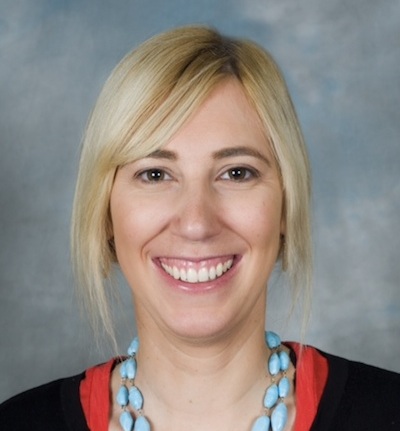A Comprehensive Curriculum for Critical Communications in Residency Education
The project has five aims: 1) Create and implement a comprehensive communication curriculum, using innovative multi-media tools, focusing on discussing serious news and conducting family conferences in Pediatric and Internal Medicine Residencies; 2) Use formative and summative evaluations to assess developmental progress of residents toward independent practice in critical communication based on new ACGME milestones; 3) Deliver faculty development training that will provide the foundation for long-term sustainability and institutional cultural transformation; 4) Develop a strategic plan to disseminate the curriculum to residency programs in the UW Medicine system. 5) Publish the results of the program in national peer-reviewed publications and websites to encourage similar primary Palliative Care interventions across the United States.
There is a box on my shelf, worn tattered edges, a simple corrugated cardboard. The box is anything but ordinary. The box travels, by car and truck, city to city, apartment to house. I am not sure if a thief in the night would even notice its worth, but to me it is one of my most valued possessions. As doctors we supposedly hold many things, but it is people’s stories that are the unexpected gifts placed quietly in the pocket of a crisp white coat. And so, each day, week, month, year the box becomes heavier as my collection of stories grows, each one as priceless as the last.
Not coming from a family of healthcare professionals, I never dreamed I would end up spending so much of my time in a hospital. But after studying wildlife biology in Kenya and realizing that I was drawn more to people’s stories than the fieldwork, I applied to medical school where I could combine my love of science with the art of storytelling. As a medical student at UCSF I witnessed the faculty bring humanism to illness in a way I never imagined possible. During a course called “The Healers Art,” led by one of the best story tellers of our time, Rachel Naomi Remen, we would often sit and listen to the soft cadence of her voice carrying us off into a world of wonderment for the human experience. What I cherish most about being a physician is the privilege to be welcomed into our patient’s lives at some of their most intimate moments. It is why my tattered cardboard box of stories is among my greatest possessions. I think one of the under-appreciated benefits of primary palliative care training is that it reminds many of us why we went into medicine in the first place and gives us permission to be human with our patients.

